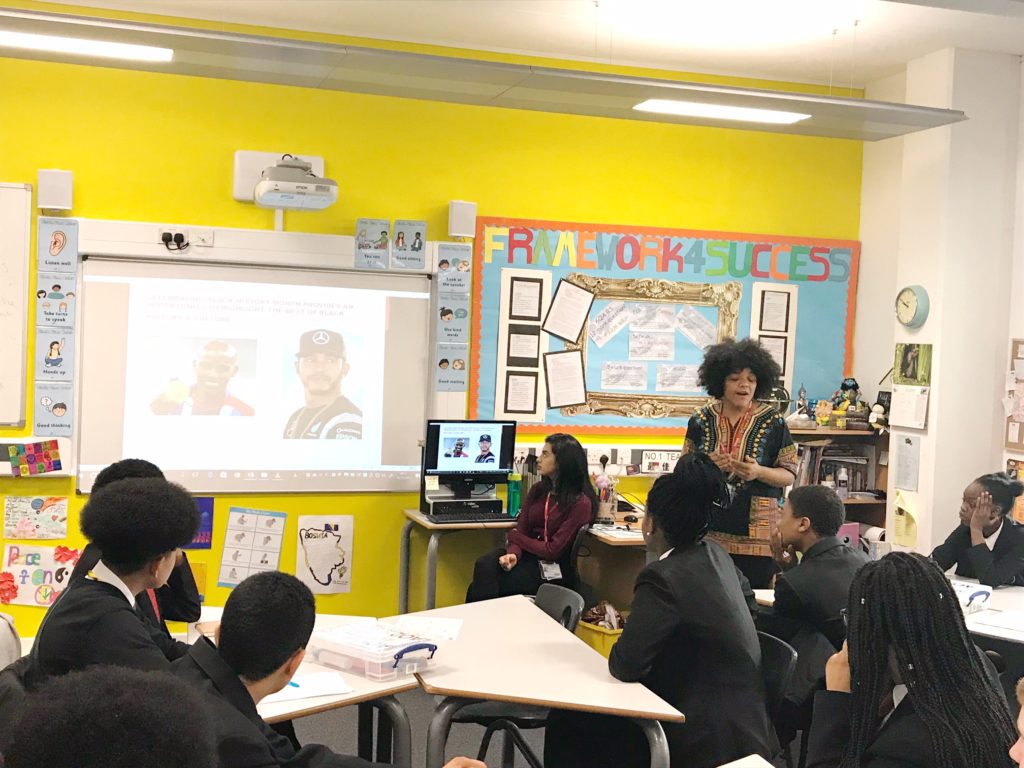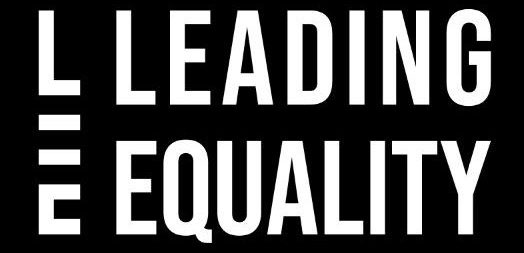Black History Month: It’s time to change our approach

Catherine Millan delivering a Black History workshop at Oasis Media CityUK
The appalling events at St Winefride’s Catholic primary school , where teachers asked children to dress as slaves as part of a Black History Month celebrations is more evidence that we need a new dynamic approach teaching Black History in our schools.
I am a passionate activist for a balanced global curriculum that is inclusive for all learners. As it currently stands, the Black Global Majority student population has continued to increase annually with an increase from 27.9% to 29.1% between 2016 and 2017, yet the national curriculum still takes a colourblind approach when dealing with global topics and issues (Demie, 2005).
There is a need for curricula that addresses the specific histories and cultures of racially marginalised students as discussed by Chikkatur (2013). Without the contributions of Black and Global Majority citizens, this country would not be the Great Britain as we know it today. It is up to us to take a stance to introduce Black History and its contributions into our curriculum on a micro, meso and macro level. It is important to make curriculum links with Black and Global Majority inventors, scientists, civilisations etc, as various studies have found that it will help students to raise their aspirations and understand the background and development of our diverse society (King, 2016; Martell, 2014; Richardson, 2007). A good time to introduce this would be during Black History Month.
This year we used the amazing Catherine Millan from the University of Manchester, who delivered a workshop for young people and teachers about Black History Month and why it exists. Catherine has lots of experience in anti-racist work, having previously created a teaching pack with the Anthony Walker Foundation.
You can contact Catherine directly at Catherine.millan@manchester.ac.uk
Chikkatur, A., 2013. Teaching and learning African American history in a multiracial classroom. Theory & Research in Social Education, 41(4), pp.514-534.
Demie, F., 2005. Achievement of Black Caribbean pupils: good practice in Lambeth schools. British Educational Research Journal, 31(4), pp.481-508.
King, L.J., 2016. Teaching black history as a racial literacy project. Race Ethnicity and Education, 19(6), pp.1303-1318.
Martell, C.C., 2013. Race and histories: Examining culturally relevant teaching in the US history classroom. Theory & Research in Social Education, 41(1), pp.65-88.
Richardson, B. ed., 2007. Tell it like it is: How our schools fail Black children. Bookmarks.
